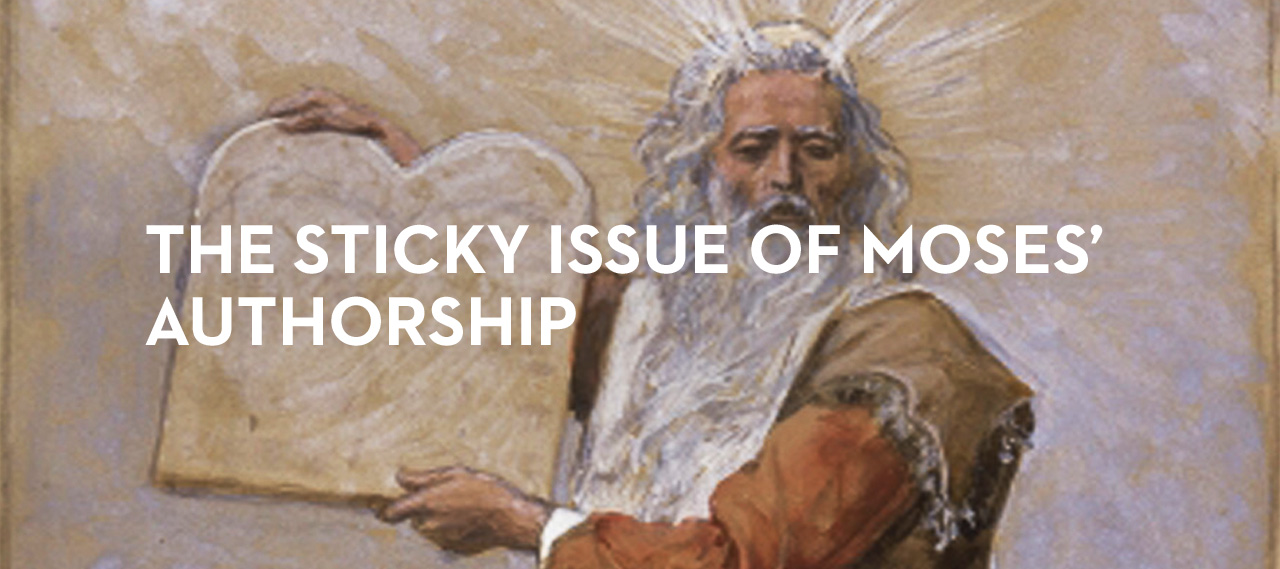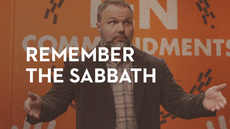The first five books of the Old Testament are often referred to as the Pentateuch, which means a book in five parts. Historically, most Jewish and Christian scholars have agreed that Moses wrote nearly all of these books on behalf of God with the exception of the end of Deuteronomy where Joshua records Moses’ death.
But, in more recent years with the rise of critical scholarship, the authorship of Moses has been critiqued and often rejected. I first heard this in college as a new Christian at a State University and ran home to check my Bible to see what it said. The Bible is quite clear regarding who wrote these books—Moses. As we begin the Ten Commandments preaching series in Exodus, I thought it might be helpful to share the reasons why it is correct to accept Mosaic authorship.
The author of Exodus is Moses, as Jesus instructed (Mk 7:10 cf. Ex 20:12, Ex 21:17; Mk 12:26 cf. Ex 3:6, Lk 20:37). While some commentators have attempted to deny Mosaic authorship, any attempt to do so would be a clear declaration of Jesus’ ignorance and false teaching on the issue. Numerous Old Testament authors also recognized Moses as the author of Exodus. Joshua recognized this fact, as did David, Josiah, Daniel, Ezra, and the Old Testament concludes with Malachi’s recognition of Moses as the author of the law.
In addition, New Testament authors recognized Moses as the author of the Pentateuch. For example, Mark 12:26 describes Exodus 3:6 as from “the book of Moses,” and Luke 2:22–23 places Exodus 13:2 as within “the Law of Moses.” John 7:19 also declares Moses as the author of the law. And Paul, in Romans 10:5, attributed Leviticus 18:5 to Moses. Internal evidence also indicates that Moses is the author. On a number of occasions the book claims the authorship of Moses (Ex 17:14, 20:22–23:33, 24:4, 34:4, 34:27–29). The great amount of detail also suggests that the author was an eyewitness to the recorded events.
Did Moses write the first five books of the Old Testament? Yes.
Read Pastor Mark’s Know the Bible series to learn more about how we got the Bible, who wrote it, and why we can trust it.















